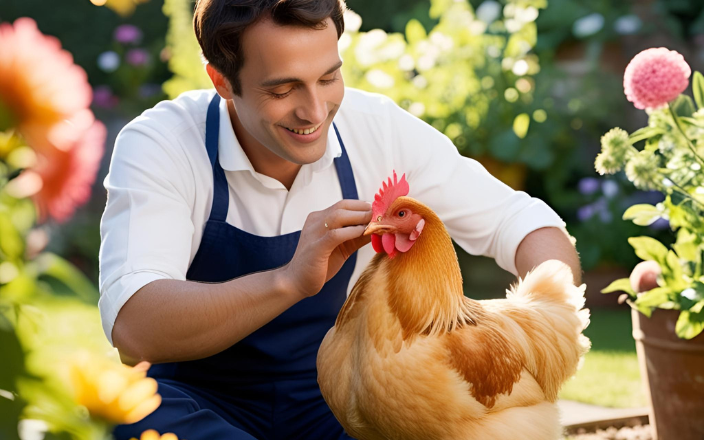French poultry producers have made remarkable progress in improving animal welfare and environmental sustainability. Under the national initiative “Plan Ambition 2025,” launched by the poultry industry organization Anvol, the sector committed to six key targets aimed at aligning farming practices with ethical and ecological expectations.
Natural light and humane conditions
One of the most significant achievements is the widespread use of natural light in poultry housing. As of 2025, 74% of poultry in France are raised with access to natural daylight, far exceeding the initial goal of 50%. For chickens under the Label Rouge and organic certifications, this figure reaches 100%, ensuring more humane and natural living conditions.
Major reductions in antibiotic use
The industry has also made strides in reducing antibiotic use. Since 2010, antibiotic usage has dropped by 72%, surpassing the original target of a 60% reduction. This not only promotes healthier animals but also addresses public health concerns related to antibiotic resistance.
Environmentally responsible feed
French poultry producers are also leading in sustainable feed sourcing. Currently, 95% of poultry feed is certified as contributing to zero deforestation. Additionally, 80% of feed ingredients are sourced domestically, reducing the carbon footprint and supporting local agriculture.
Public awareness and support
These efforts have not gone unnoticed. Over 75% of the French population is aware of the poultry sector’s improvements, and more than 80% recognize the industry’s role in preserving rural landscapes and promoting food quality. This growing awareness is helping to build consumer trust and support for sustainable farming.
Challenges ahead
Despite these successes, challenges remain. Premium poultry products, such as those under Label Rouge or organic labels, are more expensive, which can limit accessibility for some consumers. Ensuring that conventionally raised poultry also meets high welfare and environmental standards is a key focus for the future.
A model for sustainable agriculture
France’s poultry sector is proving that it is possible to combine ethical animal treatment with environmental responsibility. With continued innovation and collaboration between farmers, consumers, and policymakers, the industry is well-positioned to serve as a model for sustainable agriculture across Europe and beyond.
Sources: Available upon request

